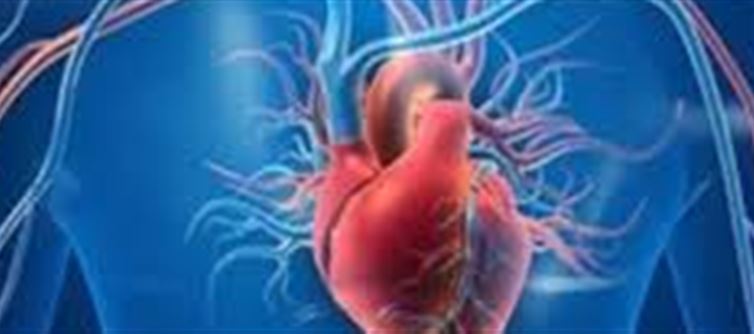
Our gut is often called the “second brain” of the body, and for good reason. It plays a crucial role in digestion, immunity, and overall well-being. Recent research shows that poor gut health can have far-reaching consequences, including an increased risk of heart disease. Understanding the signs of an unhealthy gut and taking proactive steps can help protect your cardiovascular health.
🌱 How Gut health Affects the Heart
The gut microbiome, composed of trillions of bacteria, fungi, and other microorganisms, is essential for maintaining a balance of good and bad bacteria. When this balance is disturbed, it can lead to gut dysbiosis, which is linked to:
- Inflammation: Harmful bacteria release toxins that trigger systemic inflammation, affecting blood vessels and increasing the risk of atherosclerosis (hardening of the arteries).
- Cholesterol Imbalance: Poor gut health can alter how the body processes cholesterol and fats, leading to high LDL (“bad cholesterol”) levels.
- Blood Pressure Regulation: Gut bacteria help regulate blood pressure, and dysbiosis may contribute to hypertension, a major risk factor for heart disease.
- Metabolic Disorders: An unhealthy gut is associated with obesity, insulin resistance, and type 2 diabetes, all of which increase the likelihood of heart problems.
⚠️ Symptoms of Poor Gut Health
If you experience one or more of the following, it could indicate gut imbalance:
Digestive Issues: Frequent bloating, gas, constipation, diarrhea, or heartburn.
Unexpected Weight Changes: Sudden weight gain or loss without dietary changes.
Fatigue and Brain Fog: Poor nutrient absorption can lead to low energy and mental cloudiness.
Skin Problems: Acne, eczema, or rashes can signal inflammation originating in the gut.
Frequent Illnesses: A weak immune system from poor gut health makes you more prone to infections.
Expert Advice: Ignoring these signs can indirectly increase your risk of cardiovascular problems over time.
🥗 Tips to Improve Gut Health
Eat Fiber-Rich Foods: Fruits, vegetables, whole grains, and legumes nourish good gut bacteria.
Include Probiotics: Yogurt, kefir, kimchi, and fermented foods introduce beneficial bacteria.
Limit Processed Foods: High sugar and fried foods feed harmful bacteria and promote inflammation.
Stay Hydrated: Adequate water intake helps digestion and maintains a healthy microbiome.
Manage Stress: Chronic stress disrupts gut balance; meditation, yoga, and deep breathing can help.
Regular Exercise: Physical activity supports gut motility and microbial diversity.
🌟 Final Word
Gut health and heart health are closely interconnected. Poor gut function can lead to inflammation, cholesterol imbalance, metabolic issues, and high blood pressure, all of which increase the risk of heart disease. Paying attention to digestive symptoms, skin changes, and fatigue can serve as early warning signs.
By adopting a fiber-rich diet, probiotic foods, stress management, and regular exercise, you can restore your gut microbiome and protect your heart in the long term.
Remember, a healthy gut is not just about digestion—it’s a cornerstone for cardiovascular wellness.
Disclaimer:
The views and opinions expressed in this article are those of the author and do not necessarily reflect the official policy or position of any agency, organization, employer, or company. All information provided is for general informational purposes only. While every effort has been made to ensure accuracy, we make no representations or warranties of any kind, express or implied, about the completeness, reliability, or suitability of the information contained herein. Readers are advised to verify facts and seek professional advice where necessary. Any reliance placed on such information is strictly at the reader’s own risk.
.jpg)




 click and follow Indiaherald WhatsApp channel
click and follow Indiaherald WhatsApp channel